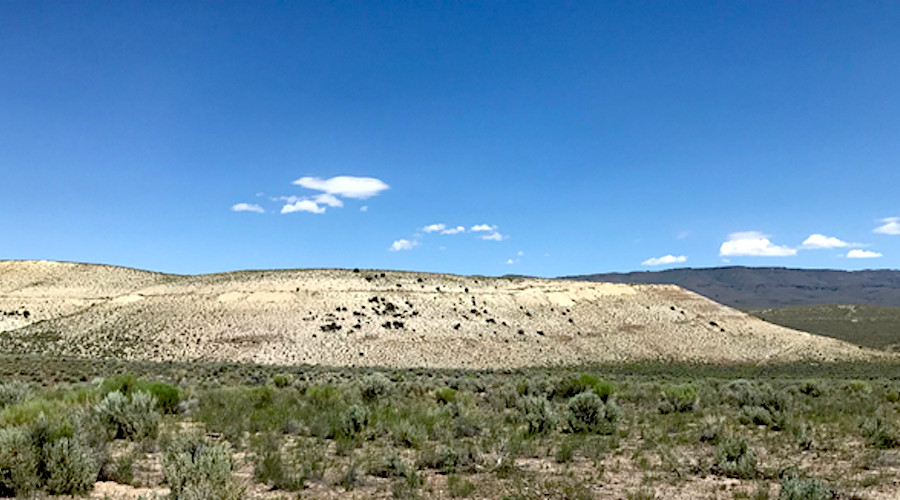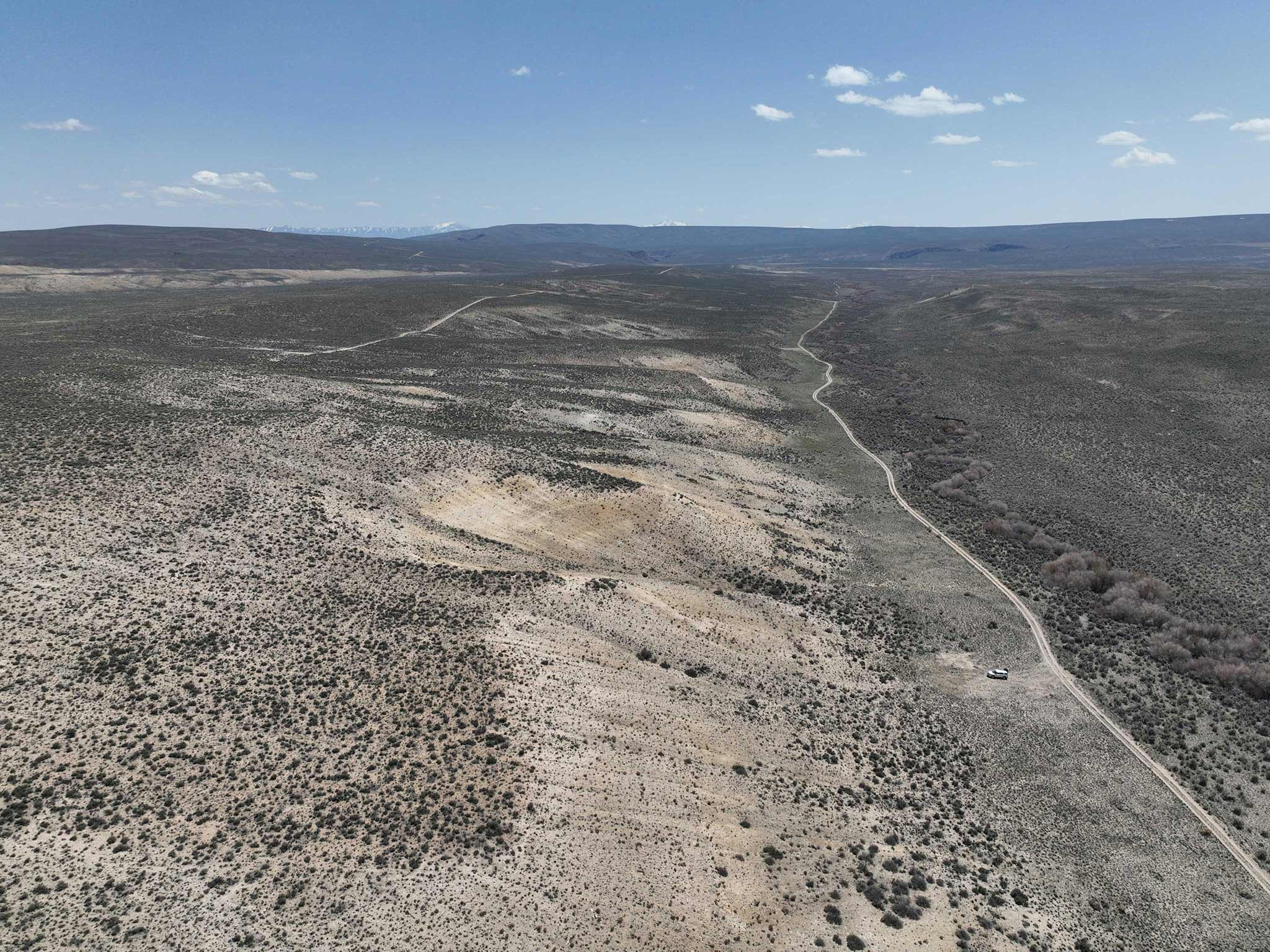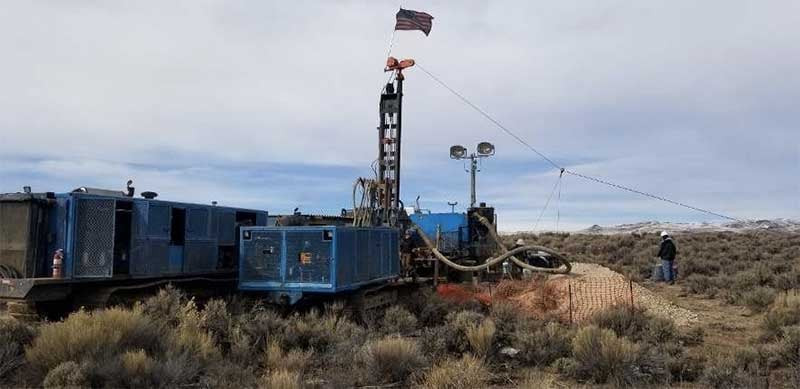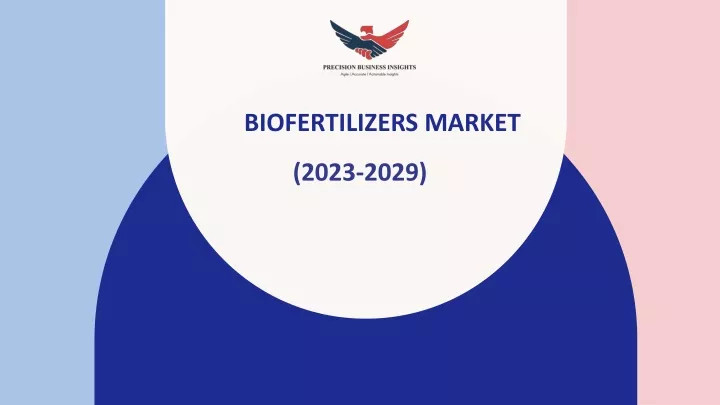A Setback for Jindalee Lithium: US DOE Grant Rejection Impacts Stock
Jindalee Lithium Ltd (ASX:JLL, OTCQX:JNDAF) experienced a significant setback on September 23, 2024, when the company announced that its non-dilutive grant funding application with the United States Department of Energy (DOE) for the McDermitt Lithium Project had been unsuccessful. This news sent shockwaves through the market, causing the company's stock to plummet as much as 10.4% to A$0.215, its lowest point since late September 2019.
Despite the DOE grant rejection, Jindalee remains optimistic about the future of the McDermitt Project. The company has a pending application with the US Department of Defense (DoD), and it anticipates a decision in the December quarter. However, the DOE grant rejection has cast a shadow over the project's immediate future, raising concerns about funding and the project's timeline.
The McDermitt Lithium Project: A Strategic Asset for US Energy Independence
The McDermitt Lithium Project is the largest lithium resource in the United States, containing 21.5 million tonnes (Mt) of lithium carbonate equivalent. It is strategically located in Nevada and is seen as a crucial asset for the US's efforts to achieve energy independence and transition to a cleaner energy future.
Jindalee's initial focus on the McDermitt Project was securing government grants to help finance development. However, the recent DOE grant rejection highlights the challenges faced by mining companies in securing funding for large-scale projects, particularly in the lithium sector.
The DOE's Role in Supporting Critical Minerals Development
The DOE's Office of Energy Efficiency and Renewable Energy (EERE) plays a critical role in supporting the development of critical minerals, including lithium, which are essential for the production of electric vehicles, solar panels, and other clean energy technologies. The DOE's Critical Materials Innovation (CMI) Hub is specifically focused on developing new extraction methods for critical minerals and reducing reliance on foreign suppliers.
Jindalee's application for the DOE grant aimed to develop innovative and sustainable extraction methods for the McDermitt Project, which aligns with the DOE's goals of reducing water usage, acid consumption, and tailings generation. While the DOE rejected Jindalee's application, it continues to invest heavily in critical minerals research and development, with a focus on supporting domestic production and creating a more resilient supply chain.
What's Next for Jindalee Lithium?
Despite the DOE grant setback, Jindalee has several avenues to explore for funding the McDermitt Project. The company has secured a strategic Cooperative Research and Development Agreement (CRADA) with the US Department of Energy's Ames National Laboratory, which will focus on developing new extraction methods for the McDermitt Lithium Project. This collaboration, along with the DoD grant application, highlights the strategic importance of the McDermitt Project to the US energy sector and its potential to contribute to the country's clean energy goals.
Awaiting DoD Decision: A Key Milestone
Jindalee's success in securing funding for the McDermitt Project will largely depend on the outcome of the DoD grant application. If successful, it will provide much-needed capital to advance the project, demonstrating the DoD's commitment to supporting domestic lithium production. However, if the DoD application is also unsuccessful, Jindalee will need to explore alternative funding options to move the project forward.
The Importance of Government Support for Critical Minerals
The DOE's decision to reject Jindalee's grant application underscores the need for increased government support for critical minerals development. Jindalee's experience highlights the challenges that mining companies face in navigating the complex regulatory landscape and securing funding for large-scale projects. Government initiatives and policies are crucial for fostering a more supportive environment for critical minerals development, ensuring a secure and resilient supply chain for clean energy technologies.
Jindalee's Next Chapter: A Test of Resilience
Jindalee Lithium faces a critical juncture. The DOE grant rejection serves as a reminder of the inherent risks associated with developing large-scale mining projects. However, the company's focus on innovation and sustainability, along with its strategic partnerships with government agencies, presents a path forward. The upcoming DoD grant decision will be a key milestone, determining Jindalee's ability to capitalize on the immense potential of the McDermitt Lithium Project and its contribution to the US's clean energy future.



















